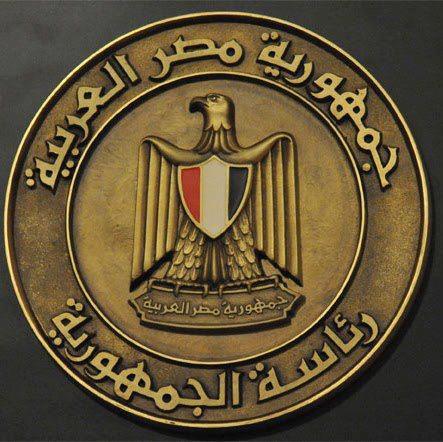BERLIN: People living on the margins of Muslim society, from a heavy metal band in Iraq to transsexual Iranians and a gay Kurdish man in Turkey, managed to get their voices heard at this year s Berlin Film Festival.
A clutch of documentaries examining subjects considered taboo in Muslim countries have played to packed audiences at the annual event, together with feature films offering different takes on contemporary life in Egypt, Iran and Pakistan.
Setting the tone was Indian director Parvez Sharma s A Jihad for Love, about gays and lesbians who are also devout Muslims, which kicked off the 10-day festival s Panorama Documentary section.
The film interviews Muslim homosexuals from 12 countries, including a gay imam in South Africa, a lesbian couple in Istanbul, an Egyptian who spent a year in prison for being gay before fleeing to Paris, and four young men who fled Iran for their lives and now live as political refugees in Canada.
Islam is the heart of this film. They are proud to be gay, but fundamentally they re coming out as Muslims and saying they re as Muslim as anybody else, and their Islam is as true and fundamental as anybody else s, Sharma said in his blog from at the Berlinale.
Tanaz Eshaghian s Be Like Others examines the ramifications of undergoing a sex change in Iran, where such operations are legal to young gay men who opt for gender change rather than undergo steady harassment and abuse.
Iran doesn t allow much room to be anything other than a man or a woman, said Eshaghian who interviewed a number of patients who passed through a Tehran sex-change clinic.
These people just didn t fit in, and when you don t fit in, as a result you push up against the logic of a culture. Everyone else takes it as common sense, but not fitting in shows what common sense is, she said.
Another group of young men finding it tough to fit in are the members of Acrassicauda, who bill themselves as the only thrash-metal band in Iraq.
The subject of the documentary Heavy Metal in Baghdad, some of the band members speak a fluent English gleaned from American movies and littered with dude references, profanities and pledges to just keep on rockin’.
The film documents the band s efforts to realize their musical ambitions as Baghdad descends into anarchy and violence following the fall of Saddam Hussein.
At one point, the drummer, Marwan, speaks of death threats they received from religious hardliners saying that we were Americanized and playing Satan s music.
The end of the film finds most of the group relocated to Damascus in Syria and, according to director Suroosh Alvi who attended the screening in Berlin, they have since been granted refugee status in Turkey.
Turkey is the setting for another documentary shown here, The Other Side of Istanbul by Dondu Kilic, which explores discrimination in the Turkish capital from the perspective of a gay Kurdish man, Mehmet Tarhan, whose family has accepted his homosexuality.
So you re anti-military, gay and Kurdish, says a man who engages Mehmet in a debate on his sexuality in an Istanbul cafe. That s like all three Turkish minorities rolled into one!
